A Prediction on What Blockchain May Mean for Litigators
We’ve all heard it—blockchain and distributed ledger technologies (DLT) are the next big thing. But what can we, as litigators, expect to encounter as these technologies continue to gain traction?
For the less tech savvy of us, imagine blockchains/DLT similarly to how you view the internet. The internet, for most of us, is an amorphous protocol that allows us to use our most essential day-to-day tools—like email, legal research, social media, etc. Similarly, blockchains and DLTs are record-keeping protocols upon which your clients are actively building software to enhance their businesses.
At their most basic level, blockchains/DLT are decentralized, encrypted and secure record keeping protocols that allow for data to be kept uniformly and simultaneously across a network of unrelated computers/servers/devices (called nodes) located anywhere in the world.
Because blockchains/DLT’s utilize encryption and are distributed in their entirety across a wide number of devices, it is near impossible to hack or improperly alter a blockchain or DLT, so they are considered immutable methods of record keeping.
In addition, blockchain/DLT records can be kept publicly—as is the case with blockchain-based cryptocurrencies like bitcoin. Conversely, they can be maintained privately, as is the case with many DLTs being developed and used by financial institutions today.
While blockchain/DLT are technologies of the future, there is a good chance that your phone can ring from a client regarding this technology right now. Per Deloitte’s 2018 global blockchain survey, 74 percent of all respondents reports that their organizations see a “compelling business case” for the use of blockchain—and many of these companies are moving forward with the technology. About half of that number (34 percent) say their company already has some blockchain system in production, while another 41 percent of respondents say they expect their organizations to deploy a blockchain application within the next 12 months.
What does this mean for us litigators? It means that some of our most high valued clients plan on adopting or already have adopted record keeping systems that are public, immutable and truly global.
Because blockchains/DLT can be kept public, meaning that anyone can observe the transactions as recorded on those ledgers, it will logically follow that enterprising litigators will utilize this information to support complaints and legal arguments. Blockchain/DLT’s immutable records will not require the same discovery or audit requirements that we are used to. Rather than having to forensically untangle a series of transactions through documentary and deposition discovery—it will all be laid out as clear as day on the blockchain/DLT.
Litigators will also likely attempt to attribute their opponent’s knowledge of information simply as a result of that party’s access to a blockchain/DLT. A client’s utilization of this secure and potentially public form of record keeping will render certain defenses, such as plausible deniability, moot.
Government agencies are just as interested in blockchains as private enterprise. The efficiencies that blockchains/DLT provide to interstate and cross-border trade and commerce, will also be a boon for agents charged with investigating and policing cross-border transactions for regulatory and trade violations.
Should your clients adopt this technology, be proactive in providing risk assessment and risk management advice. Advocate a mindset that once data is logged on a blockchain/DLT, it will be there forever.
Since blockchain/DLT nodes can be located anywhere in the world, jurisdictional issues will arise as a result of this technology. Through this technology, your clients may be exposing themselves to the jurisdiction or jurisdictions of the location of every single node on their chain. Stay on top of your client’s choice of law and jurisdictional clauses. This is especially important where your client is utilizing self-executing “smart contracts”—or programs that allow for transactions and exchanges to automatically take place as a result of data recorded on their blockchain/DLT.
As our clients rightfully determine that the increased efficiencies, security and other benefits of these technologies outweigh their legal risks, our courts can expect to face an uptick of blockchain/DLT-related issues of first impression. It is our privilege and burden as litigators to educate the judiciary on this technology, to ensure that they can competently and confidently rule on the myriad blockchain/DLT-related issues.
For example, it remains to be determined what authentication judges will require to admit blockchains/DLTs as evidence, or if these records will be considered admissible on their face. The state and federal precedent that we set now will have widespread ramifications as these technologies continue to be implemented in all aspects of commerce.
Daniel Maland is an attorney in Kozyak Tropin & Throckmorton’s complex litigation department. He consults on emerging technologies, with a focus on cybersecurity, blockchain, distributed ledger technologies and smart contracts, as well as the implementation of such technology in maritime industries. He may be reached at dmaland@kttlaw.com
Click here for the original publication

